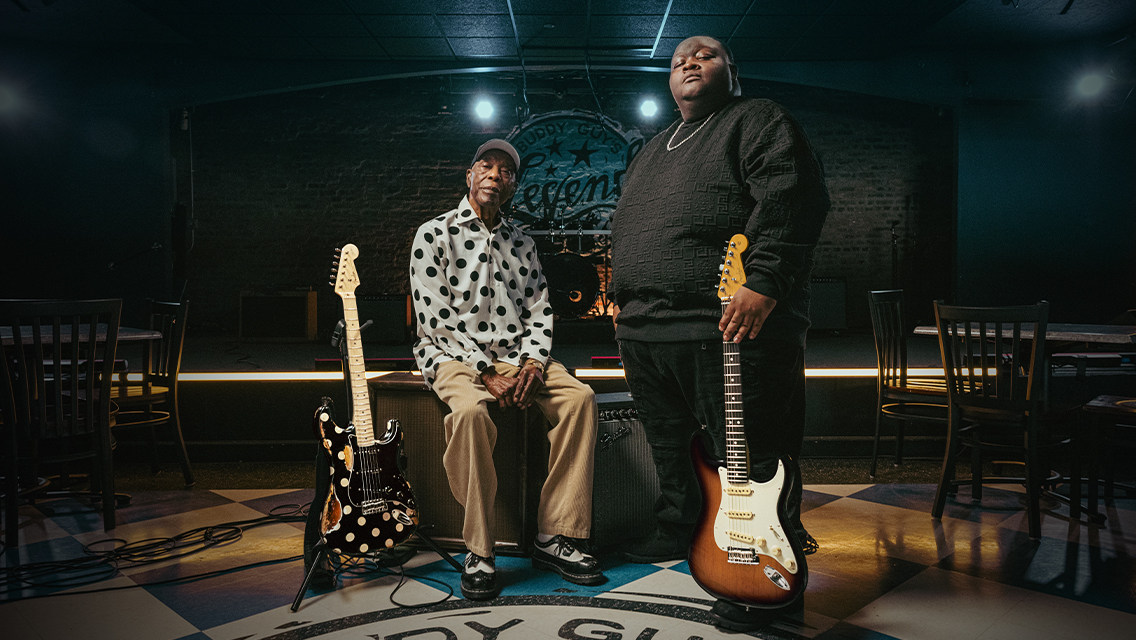
The sound of a properly set up guitar, every string ringing out in a perfectly tuned chord, is a beautiful thing.
But guitars are complex and sensitive instruments. There can be moments when something sounds a little out of whack, like the rattling of a string (or multiple strings) against the frets as you’re playing, commonly referred to as “fret buzz”.
Luckily, it’s not too difficult to determine where this annoying problem stems from and subsequently fix it.
First, you should assess your technique. If your strings buzz all up and down the neck, perhaps you aren’t pressing down hard enough on the strings or are placing your finger too far behind the intended fret. There’s the buzz.
Aside from your playing, however, it could be an issue with your guitar. That’s a bummer, but you—or a seasoned guitar technician—can address it head on.
Below are some common situations worth looking at regarding your guitar and fret buzz:
Uneven Frets
Sometimes, one or more frets can jut out higher than the others, and that’s a problem. Once you hit that fret, the dreaded buzz will cause an abrupt halt to your playing. To level them, however, all they need is a simple dressing. You can check to see if they are level with a straightedge. In addition, the strings might have created grooves in the frets over time, which will preclude the strings from vibrating properly and give you buzz.
Low Action
String action refers to how high the strings sit above the frets. If they are too close to the fingerboard, that will likely result in fret buzz. Adjusting the saddles and bridge can help this.
Don’t miss out!
Be the first to know about new products, featured content, exclusive offers and giveaways.
Study the Nut
If your nut is worn or has grooves that are too deep, that will make the strings sit too close to the fretboard and make your open strings buzz.
Neck Relief
Furthermore, you might need a truss rod adjustment. A guitar’s neck is supposed to have a slight amount of bow in it to offer some distance between the fretboard and the strings. Too little of a bow—a “back bow”—means there won’t be enough space and cause open strings to buzz. Too much, and the guitar will be more difficult to play considering the high action it creates.
Strings
In some cases, all you need is a change of strings if your old set has built up a grimy film.
All of these situations highlight the importance of a good setup for your guitar. It will keep you buzz-free and getting the pristine tone you wanted in the first place.


